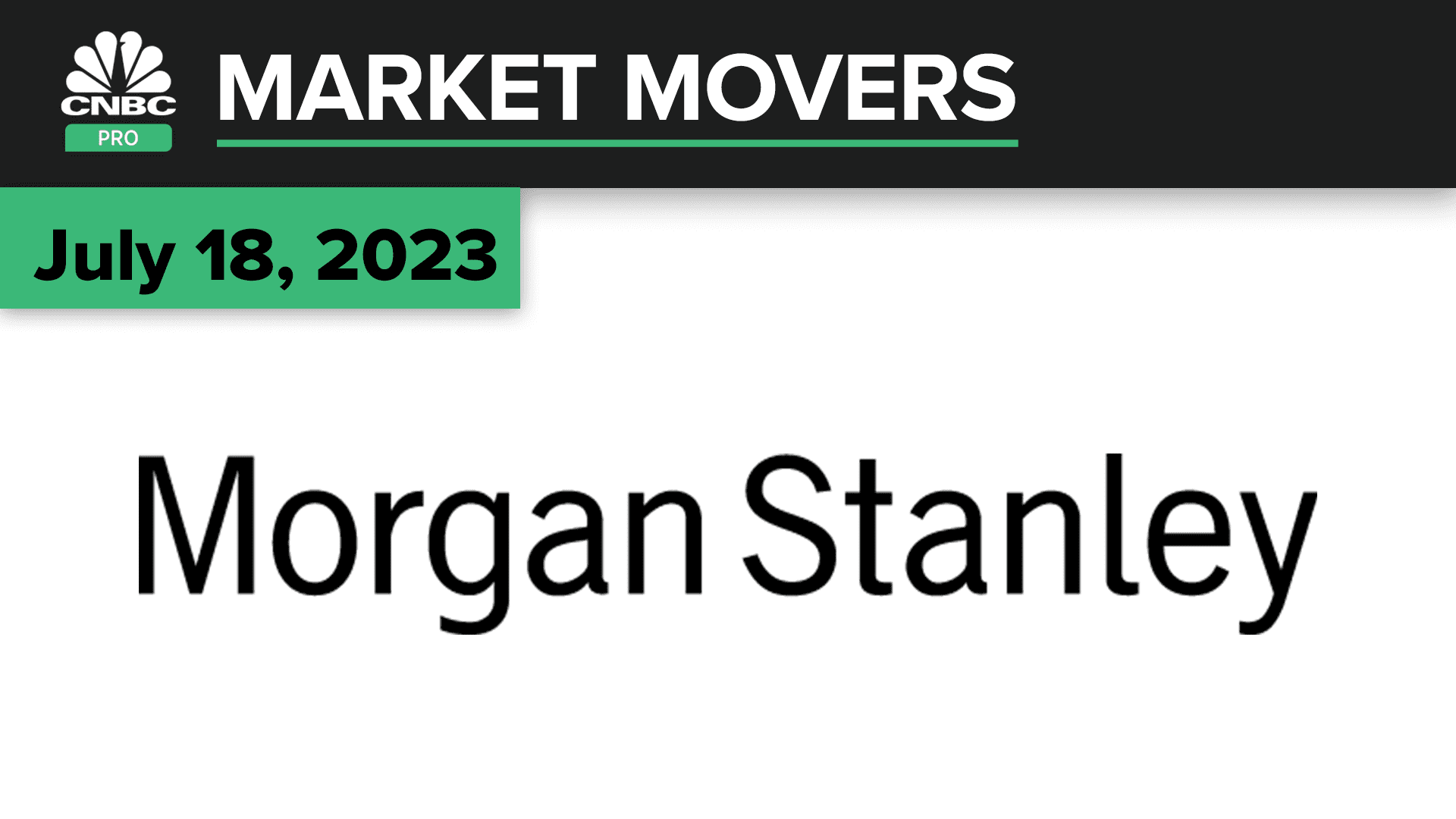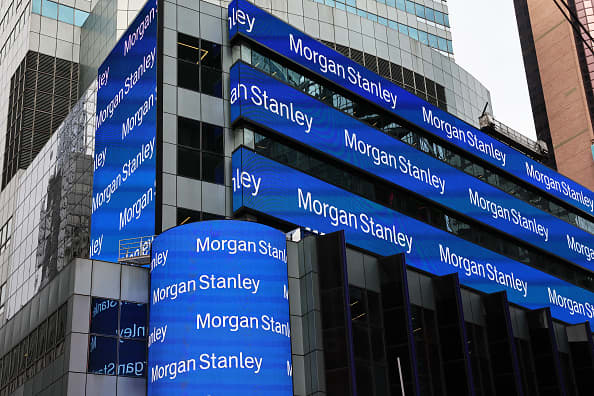The bank said second-quarter profit fell 58% to $1.22 billion, or $3.08 a share, on sharp declines in trading and investment banking and losses related to GreenSky and real estate, which sapped about $3.95 from per share earnings. Companywide revenue fell 8% to $10.9 billion.
The company disclosed a $504 million impairment tied to GreenSky and $485 million in real estate writedowns. Those charges flowed through its operating expenses line, which grew 12% to $8.54 billion.
Goldman faces a tough environment for its most important businesses as a slump in investment banking and trading activity drags on. On top of that, Goldman has warned investors of write-downs on commercial real estate and impairments tied to its planned sale of fintech unit GreenSky.
Unlike more diversified rivals, Goldman gets the majority of its revenue from volatile Wall Street activities, including trading and investment banking. That can lead to outsized returns during boom times and underperformance when markets don’t cooperate.
The bank put up a paltry 4.4% return on average tangible common shareholder equity in the quarter, a key performance metric. That is far below both its own target of at least 15% returns and competitors including JPMorgan Chase and Morgan Stanley.
Goldman has said trading revenue was headed for a 25% decline in the quarter. Investment banking has been weak because of subdued issuance and IPOs amid the Federal Reserve’s interest rate increases. But rival JPMorgan Chase posted better-than-expected trading and banking results last week, saying that activity improved late in the quarter, so it’s possible Goldman may exceed its guidance.
Analysts will likely ask Solomon about plans to continue retrenching from his ill-fated push into consumer banking. Goldman has reportedly been in discussions to offload its Apple Card business to American Express, but its unclear how far those talks have advanced.
Goldman shares have dipped nearly 2% this year, compared with the approximately 18% decline of the KBW Bank Index.
On Friday, JPMorgan, Citigroup and Wells Fargo each posted earnings that topped analysts’ expectations amid higher interest rates. Tuesday, Bank of America and Morgan Stanley also reported results that exceeded forecasts.
This story is developing. Please check back for updates.



